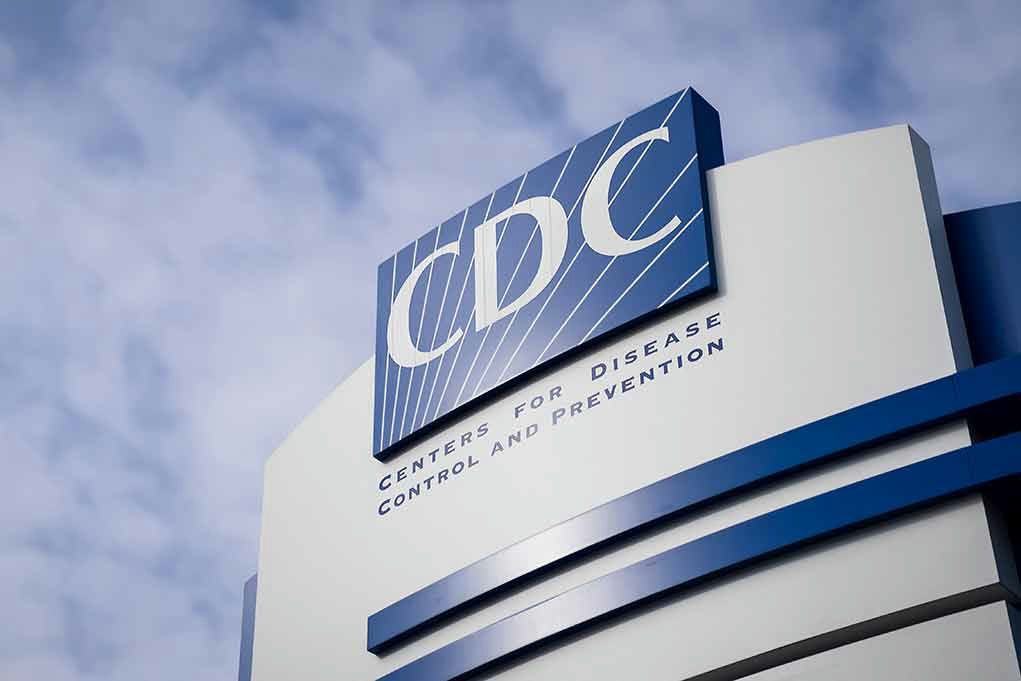One Arizona resident’s tragic death from pneumonic plague is raising urgent questions about government focus and the real dangers facing American families—while media and public health officials scramble to reassure the public, the core issues demand more scrutiny than ever.
Plague Death in Arizona: A Jolt for Public Trust and Accountability
Coconino County Health and Human Services confirmed on July 11, 2025, that a resident in Flagstaff died from pneumonic plague after laboratory testing. This case is the first fatality of its kind in the region since 2007, reviving memories of the infamous Black Death and igniting fresh anxiety among locals. As government agencies quickly assemble press releases and urge citizens not to panic, the reality is clear—Americans are once again left to wonder if those in charge are giving real threats the attention they deserve, or just managing optics.
Plague, caused by the Yersinia pestis bacterium, is a historic killer that wiped out millions centuries ago. While today’s medical advances mean antibiotics can treat the disease if caught early, the suddenness of this death—and the lack of detailed information—has some residents feeling the rug’s been pulled out from under them. Officials have not released details about the deceased, citing privacy. Meanwhile, the public is left with little more than generic advice to “avoid sick animals” and a promise that “the risk is low.” That may be true statistically, but when it comes to the safety of loved ones, most Americans want more than statistics and talking points.
Prairie Dog Die-Off: Officials Say “No Connection”—But Offer No Answers
Coinciding with this human tragedy, a sudden die-off of prairie dogs in the Townsend Winona area northeast of Flagstaff has raised even more eyebrows. Such die-offs are a classic indicator of plague outbreaks among rodents, which can occasionally spill over to humans. Yet, county officials declared the human case is “not related” to the prairie dog deaths, declining to elaborate on their reasoning. For families in the area who rely on common sense, this lack of transparency feels like a familiar pattern: bureaucrats decide what’s “safe to share,” and the rest of us are left to fill in the blanks.
Arizona resident dies from pneumonic plague, health officials say – BBC News https://t.co/jERNQo9OuE
— Robbi Michale Holloway Powell (@PowellRobb69861) July 15, 2025
Public health authorities have encouraged heightened caution around sick or dead animals—particularly rodents and pets that may come into contact with them. Surveillance of wildlife populations has increased, but local residents are left wondering how closely their safety depends on luck rather than leadership. The urge to educate the public about zoonotic risks is welcome, but education rings hollow without accountability and open communication.
Public Health Reassurances and the Limits of Government “Transparency”
The Arizona Public Health Association and Coconino County officials have been quick to issue statements emphasizing that plague is “rare” and “treatable.” They highlight that the average number of human plague cases in the U.S. is only about seven per year, and the last human-to-human transmission in this country occurred in 1924. These facts are reassuring, but do not substitute for clear answers about why this death happened, how it was allowed to occur, and what, if anything, will change to prevent the next one.
The CDC and NIH stress that modern antibiotics are highly effective if the disease is caught early. Medical professionals urge residents to seek prompt care if they experience symptoms after animal contact. But for many, the bigger question is whether government priorities—so often focused on border crises, endless spending, and “woke” distractions—are truly aligned with the day-to-day threats facing average Americans. When the system’s answer to hard questions is to clam up or hand-wave, trust suffers.
The Real Lessons: Vigilance, Leadership, and Demanding Accountability
This tragic case is a stark reminder that while rare, the threats to our families don’t always come with headlines or hashtags. Effective public health isn’t just about deploying antibiotics and issuing advisories; it’s about honest communication, swift action, and treating Americans’ legitimate concerns with respect—not paternalistic assurances. The same government that so often finds time and billions of dollars to prioritize noncitizens, social engineering, and government overreach must also deliver transparency and accountability when it matters most.
URGENT Arizona Health Alert: First Pneumonic Plague Death in Coconino County in 20 YearsCoconino Cou…https://t.co/8aPx2KUHYg pic.twitter.com/j97stAPXD9
— asterai.xyz (@Mihia11) July 15, 2025
For residents of Flagstaff and Coconino County, life goes on—but not without a sharper sense of caution. As the news cycle moves on, the lesson here is clear: stay vigilant, demand explanations, and never settle for “official statements” when common sense demands more. In an era when government priorities are so often out of whack, protecting your family means asking hard questions—and never letting up until you get answers.

